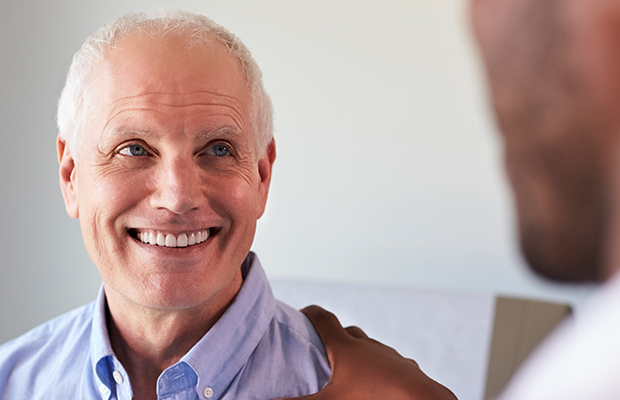‘I’m not going to lie’: Melbourne GP responds to calls to stop saying ‘cancer’

Researchers want doctors to drop the word ‘cancer‘ from low-risk conditions in a bid to reduce over-treatment and patient anxiety.
They say dropping the label from localised prostate cancer and stage zero breast cancer could reduce distress among patients.
Patients who are told they have ‘abnormal cells’ or ‘lesions’ often choose less aggressive treatments.
But not all doctors agree with the push.
Melbourne GP Mary-Anne Lancaster said dodging the C-word could be counter-productive.
“I’m happy for them to change the definition, but I’m not going to lie to people,” she told Ross and John.
“If it’s cancer it’s cancer, if it’s not it’s not.
I certainly sometimes use a few euphemisms to introduce the topic, like tumour or something else … (but) I still tell them it’s cancer if they ask me.”
Click PLAY to listen to full interview
Burnso asked Dr Lancaster if avoiding the word ‘cancer’ in relation to less dangerous conditions, like some skin cancers, would avoid anxiety.
“It could cause them anxiety and stress,” she responded. “But on the other hand if they have something that has the potential to do something nasty, then they still need to be aware of that potential.
“For skin cancers … for example, I think that it’s important for them to know that actually they’re prone to it; if you’ve had one skin cancer, you’re much more likely to get another on.
“I think for a lot of people, they want to know the truth. And they need to know the truth because they need to treat it seriously.”















